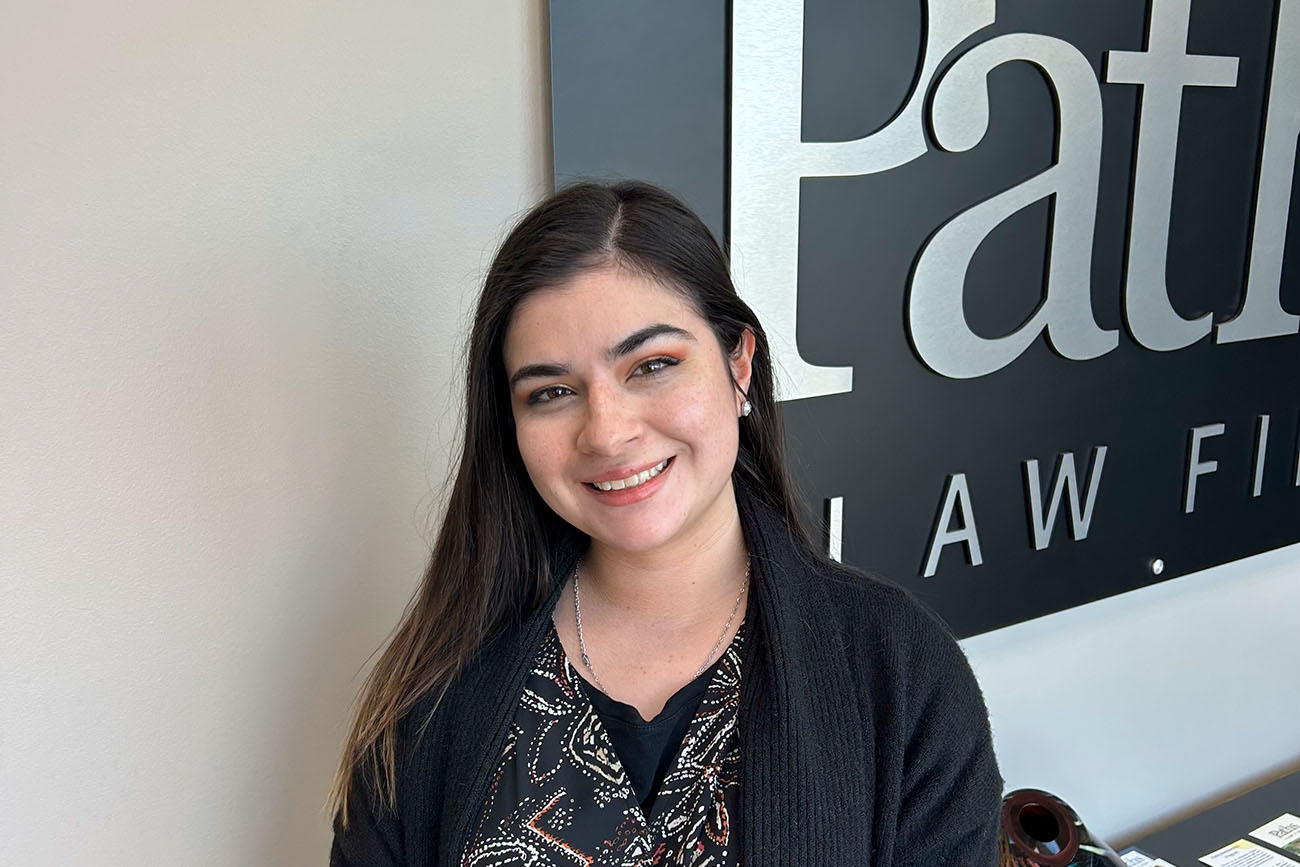Understanding Miller Trusts for Medicaid Planning in Missouri
A Miller Trust, also known as a Qualified Income Trust, helps many residents of Kansas Cityand the surrounding area qualify for Medicaidprograms with income limits. Although Missouri does not impose an income capfor Medicaid coverage of long-term nursing home care, these trusts are often essential for accessing other Medicaid waiver programs, such as Home and Community-Based Services (HCBS).
Read on to understand how Miller Trustswork,their requirements, and their role in Medicaid long-term careplanning in Missouri.
*This blog is for educational purposes only and should not be considered legal advice. The use of the Paths Law Firm website does not constitute a client-lawyer relationship.
What Is a Miller Trust?
A Miller Trust—sometimes called d4B Trusts, Income CapTrusts, Income-Only Trusts, or Qualified Income Trusts(QITs)—allows Medicaid applicantswith income over eligibility limits to meet program requirements.
Note: Miller Trustsapply only to income and cannot be used to protect assets or resources.
If income over the Medicaid limit is put in a Miller Trust,applicants can be eligible for certain Medicaid programs instead of being disqualified for excess earnings. These trusts are not applicable to all Medicaid benefits in Missouri,as outlined below.
Missouri Medicaid Income Cap Programs
In Missouri,income capMedicaid programs include waiver services such as:
- Home and Community-Based Services (HCBS):Provides in-home care and support to help individuals avoid nursing home placement.
- Program for All-Inclusive Care for the Elderly (PACE):Offers comprehensive medical and social services for seniors.
- MO HealthNet for Children with Developmental Disabilities (MOCDD):Assists children with specific developmental needs.
These programs differ from Medicaid long-term carefor nursing homes, as Missouriis not an income capstate for nursing care benefits.
Medicaid Long-Term Care in Missouri
For long-term nursing home care, also known as skilled nursing care, Missouri Medicaidoperates differently. Missouridoes not have anincome capfor long-term care Medicaid. Instead:
- All available income must be paid toward care.
- An applicant’s income will not disqualify them from receiving benefits, provided they meet other eligibility criteria.
- Because of this, Miller Trustsare not used for nursing home Medicaid assistance in Missouri.
Medically Needy vs. Categorically Needy
To fully understand the role of Miller Trusts, it’s essential to know the difference between medically needy and categorically needy states
1. Medically Needy (Spend-Down States) Like Missouri
In medically needy states like Missouri, Medicaidallows applicants to “spend down” income exceeding Medicaid limits on qualified expenses, such as medical bills. Once the applicant’s income falls below the maximum income limit, they become eligible for benefits for the remainder of the spend-down period.
2. Categorically Needy (Income Cap States)
Categorically needy states, also called income capstates, do not permit applicantsto spend down excess income to qualify for Medicaid.Instead, these states rely on Miller Truststo help applicants meet income limitsand qualify for nursing home Medicaid benefits. For reference, nearby Kansasis an income cap state, meaning Miller Trustsare essential for individuals there who exceed income limitsand still need Medicaid coverage.
While Missouridoes not impose an income capfor long-term nursing home care, other Medicaid programs do have income limits. Programs with income limits include the Aged and Disabled Waiver (ADW) and Missouri’s HCBS waivers have their own established income limits.

How Does a Miller Trust Work in Missouri?
A Miller Trustworks by diverting income over the Medicaid limit into a special, irrevocable trust, ensuring the applicant—whether in Kansas Cityor elsewhere in Missouri—meets income requirements. Here’s how the process works:
1. Creating the Miller Trust
The applicant, their power of attorney,or guardian must set up atrust accountat a bank. This process requires precise legal documentation, and it is highly recommended to work with an experienced elder law attorneyas there are many legal nuances that must be considered.
2. Choosing a Trustee
The trust must have a designated trustee, who cannot be the applicant (also considered the beneficiary). This person manages the funds and ensures they are used in compliance with Medicaid regulations
3. Missouri’s Requirements for a Valid Miller Trust
The other hallmarks of a valid Miller Trust, as set forth in Missouri’s Medicaid caseworker’s manual, are the following:
- The trust is irrevocable,
- Only the beneficiary’s income is paying to the trust,
- The income must be paid to the trust in regular intervals,
- The State of Missouri is the beneficiary of any remaining trust funds after the death of the beneficiary, and
- Disbursements from the trust must be for the beneficiary, the beneficiary’s spouse, or a disabled child of the beneficiary who is residing with the beneficiary.
4. How Much Income Must Be Deposited?
At least monthly, the portion of the recipient’s income needed to meet Medicaid’s income limitmust be deposited into the trust. For recipients with a single income source, such as Social Security, only the necessary portion—not the entire check—needs to be deposited. Funds placed into the Qualified Income Trust are exempt and not counted toward Medicaid’s income limit

What Expenses Can a Miller Trust be Used for?
Miller Trust funds can only be used for specific expenses, as outlined by Medicaid guidelines. The trustee is responsible for managing the trust and ensuring payments are made for qualified expenses. Qualified expenses include:
1. Personal Needs Allowance (PNA)
When a Medicaid recipient deposits all their income into a Miller Trust, they become eligible for a Personal Needs Allowance(PNA). The amount varies by state and is intended to cover personal expenses.
2. Spousal Allowance
If the Medicaid recipient is married and their community spouse (non-applicant spouse) meets the spousal impoverishmentincome guidelines, the spouse may qualify for a monthly allowance to help support their needs.
3. Medical and Healthcare Costs
Money in the Miller Trustmust be used each month for medical expenses, such as:
- Physicians’ bills
- Medications
- Durable medical equipment
- In-home care costs not covered by Medicaid
Most often, funds in the trust are used to supplement costs above what Medicaid pays, medical bills not covered by Medicaid, as well as Medicare premiums.

What Can Personal Needs Allowance (PNA) Funds Be Used For?
The PNA is designed to give Medicaid recipients a discretionary fund for items or services not covered by Medicaid. In nursing homes, the facility cannot take PNA funds unless the items or services purchased are not covered by Medicaid or exceed Medicaid’s coverage.
Missouri Personal Needs Allowance Oversight and Regulation
The regulations of use for PNA’s is set by both the federal government and individual states to protect recipients from misappropriation of funds and abuse. Some states require PNA funds periodically to determine misuse or abuse by guardians and long-term care facilities. Missouri, however, does not have such a requirement.
What is the Maximum Amount That Can Be Put in a Miller Trust?
States differ on whether they cap the amount of income that can be deposited into a Miller Trust.
States with No Cap
In states without a specific cap, like Missouri,a reasonable limit applies:
- Single Individuals:Deposits should not exceed the cost of a private-pay nursing home in the state.
- Married Couples:Deposits should not exceed the spousal allowance combined with the cost of private-pay nursing home care.
This approach ensures that trust funds align with the applicant’s care costs and support Medicaid eligibility.

Important Considerations for Miller Trusts in Missouri
Assets Are Not Included in a Qualified Income Trust
A Qualified Income Trust (QIT) cannot help applicants exceed Medicaid’s asset limits. Assets cannot be deposited into a QIT. However, individuals planning for future Medicaid eligibilitymay consider using an asset protection trust. This type of trust provides a way to safeguard assets while meeting Medicaid’s strict asset limits. It’s important to note that transfer rules for assets vary depending on the specific Medicaid program an applicant is pursuing.
What Happens to Funds After the Beneficiary’s Death?
A Miller Trustdoes not protect money for the participant or their family after the trust’s beneficiary—typically the Medicaid participant—passes away. Upon the beneficiary’s death, the state has the right to recover expenses Medicaid paid for the participant’s care, up to the amount remaining in the trust. By the trust’s terms, the trustee is required to use these funds to reimburse the state first. Only after Medicaid has been fully repaid can any remaining funds be distributed according to the trust’s provisions.

Why Work with a Kansas City Elder Law Attorney?
Understanding Missouri Medicaidrules and Miller Trust requirements—especially for residents in the Kansas City area—can be challenging. A qualified elder law attorney can:
- Help you navigate complex Medicaid eligibilityguidelines.
- Draft a legally compliant Miller Trust tailored to your needs.
- Assist with long-term care and asset protection planning.
At Paths Elder Law, based in Kansas City, we proudly serve clients in bothKansas and Missouri.With nearly 30 years of experience, we’ve helped residents in both states secure Medicaid benefits and protect their futures. Whether you need assistance with Medicaid planningor establishing aMiller Trust,contact us todayto ensure you or your loved one is prepared for the future.



































